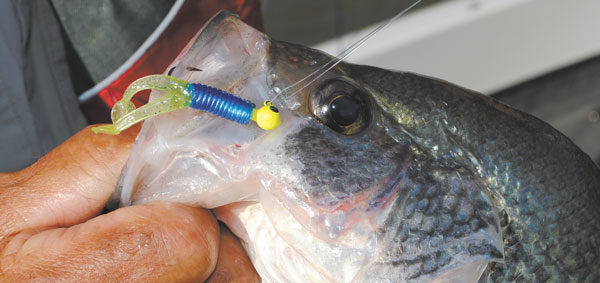
It’s never a good idea to mix politics and, well, pretty much anything. If sportsmen across South Carolina didn’t know that before, what happened this spring in the General Assembly should have convinced them.
The landmark piece of legislation with tremendous grassroots support that would have changed — for the better — how freshwater fisheries are managed in the Palmetto State was sidetracked by the actions of a single state senator from Richland County.
Our elected representative had two fisheries bills, one dealing with non-game species and one with several popular game species, put on hold because he was getting nowhere with an early-voting bill he had sponsored. Like the school kid who couldn’t get anybody to play with him, he went crying to the teacher and got recess cut short.
Effectively, his moves killed the fisheries bills for the rest of 2011. They can be taken up in January 2012 when the legislature reconvenes.
Our neighbor to the north, North Carolina, had a piece of ground-breaking legislation killed in a similar fashion within days of the South Carolina legislation hitting a brick wall. Several Democratic state representatives from coastal counties traded their votes for a veto-proof Republican budget in return for killing a bill that would have given speckled trout, redfish and striped bass gamefish status in coastal waters, thereby eliminating all commercial harvest of those species.
Oh, aren’t politics wonderful?
Clearly, South Carolina is in an unusual situation as one of the few states where all game and fish regulations must go through legislative channels. An important piece of legislation changing the way deer or redfish are managed might have the support of 85 percent of the state’s hunters and/or fishermen, but one state senator or representative with an axe to grind can go a long way to killing or bottling it up.
It’s no wonder that John Frampton, the director of the S.C. Department of Natural Resources, was quoted as referring to some state legislators as “self-serving jackasses” back in May.
The measures in the fisheries bills would have addressed management concerns for popular species such as largemouth bass, crappie and striped bass, setting site-specific/species-specific creel limits and size minimums to address the concerns of biologists who recognized the changing, developing needs of local fisheries.
In most other states, agency biologists and staff present proposals to the public, that state’s version of the DNR Board gives the proposals thumbs-up or thumbs-down, and the state legislature rubber-stamps the changes, because after all, what state senator from Clueless County really knows anything about how to manage a crappie fishery in a highly-fertile reservoir versus an infertile reservoir. They’re not supposed to know that; they’re supposed to take the advice of experts.
But getting changes through the legislature, where entrenched money and power often speak louder than intelligent, informed voices, is likely to be a tough task.
And so, we can expect things to get worse for the bass, crappie, catfish, striped bass and, gasp, deer populations before they get better. That’s what happens when fish-and-wildlife pros are ignored — at least the ones who are still employed.




Be the first to comment